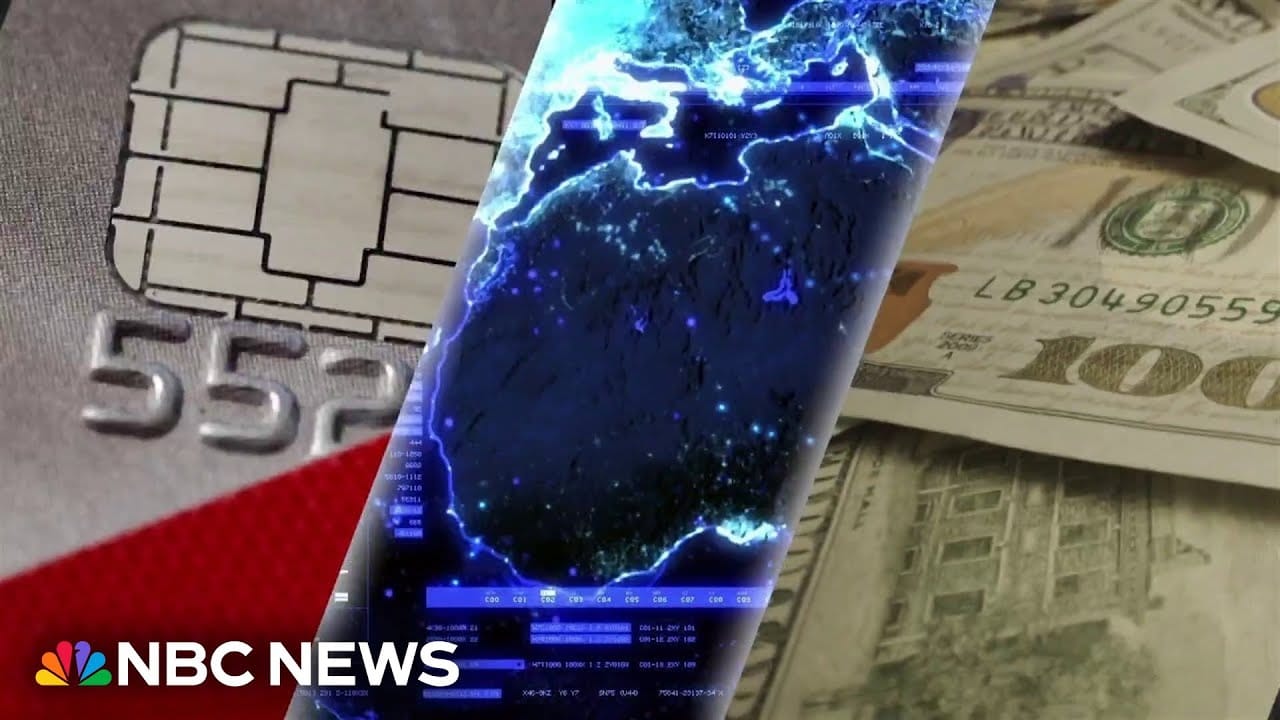In a rapidly evolving financial landscape, Visa has announced its intent to explore the integration of artificial intelligence (AI) agents into its payment processing systems. This bold initiative is aimed at enhancing the transaction experience for users, enabling AI to assist in managing credit card operations more efficiently. Visa’s potential move to grant AI agents access to credit card information is based on the premise that AI can significantly streamline the way consumers manage their finances, offering personalized insights and recommendations that could ultimately enhance user experience and security.
At the core of this development is the growing recognition of AI’s immense potential in the financial services sector. With the ability to analyze vast amounts of data at incredible speeds, AI can detect spending patterns, identify trends, and provide tailored financial advice much more efficiently than traditional methods. Visa, a leader in global payments, sees this technological advancement as an opportunity not just to innovate but also to maintain its competitive edge in a constantly changing marketplace.
The rationale behind allowing AI agents to access credit card data centers on the concept of personalization. In an era where consumers expect tailored services, AI can help users track their expenditure better, stay within budget, and optimize their spending habits. For instance, an AI agent could monitor an individual’s spending in real-time and provide alerts when certain spending thresholds are approached. Furthermore, these agents could suggest more economical alternatives for frequent purchases or flag unusual transactions that may indicate fraudulent activity.
However, the implementation of such technology raises significant concerns regarding data privacy and security. The notion of AI agents possessing access to sensitive financial information necessitates robust safeguards to protect against data breaches and unauthorized transactions. Visa has emphasized that any move to enable AI agents to process credit card data would include state-of-the-art encryption and security measures to prevent misuse. Transparency in how these AI agents operate is also paramount, ensuring that users are informed about the data being accessed and how it is being utilized.
To address these concerns, Visa has indicated that it intends to engage with stakeholders, including regulatory bodies, consumer advocacy groups, and data privacy experts. A collaborative approach is vital for ensuring that the safeguards implemented not only meet regulatory standards but also align with consumer expectations regarding data protection. Industry analysts suggest that consumer trust will be a critical factor in the successful implementation of AI in financial transactions. Therefore, establishing clear protocols concerning data usage and security will be essential in fostering public confidence.
Another crucial aspect of this initiative is its ability to enhance user engagement through the integration of AI in everyday financial transactions. By utilizing AI agents, Visa aims to create a more interactive experience for users. Consumers can leverage these intelligent agents not merely for transaction management but also for comprehensive financial planning. The potential for AI to analyze spending trends over time could empower users with deeper insights into their financial habits, enabling them to make informed decisions.
The integration of AI into financial services is gaining momentum globally, with various fintech companies pioneering innovative solutions to enhance consumer experience. Visa’s exploration into AI adoption reaffirms the necessity for established financial institutions to adapt to technological advancements to remain relevant. Visa’s proactive stance may serve as a catalyst for other financial service providers to evaluate and potentially integrate similar technologies into their offerings.
As the financial landscape evolves, the role of AI is likely to become increasingly prominent. Predictions indicate that AI will not only revolutionize individual payment solutions but also reshape broader aspects of the financial sector, including credit scoring, risk assessment, and customer service. As the technology matures, the synergy between AI algorithms and financial operations could lead to enhanced operational efficiency, reduced costs, and improved customer satisfaction.
In conclusion, Visa’s exploration of granting AI agents access to credit card information represents a significant leap toward the future of financial transactions. While the initiative offers promising benefits such as enhanced personalization, streamlined processes, and improved security measures, it is essential for Visa to prioritize data protection and consumer trust as it develops these innovations. As the world grows increasingly interconnected and technologically driven, Visa’s proactive engagement with AI could position the company at the forefront of the financial services industry, paving the way for a more secure and efficient transaction environment.



